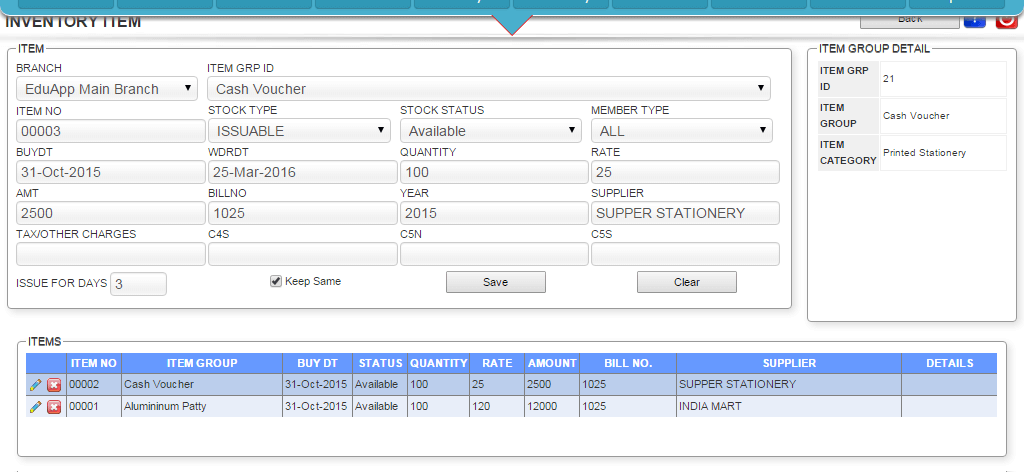Transport Management Software
Managing transportation for students and staff is one of the more complex logistic tasks for educational institutions. Between coordinating routes, timings, fees, modes (bus, cab, other), and monitoring usage, there are many moving parts. The Transport Management Module within the ECAS (Enhanced Campus Automation System) by Addmen Group simplifies and automates all this so that institutions can handle transport with accuracy, transparency, cost-effectiveness, and scale.
Key Features & Functionalities
Here are the core features of ECAS Transport Management, enriched and expanded:
- Route, Stop & Timing Configuration
- Define multiple bus routes, stops, starting & end points, and approximate travel times.
- Multiple stops per route, with schedule timings for each stop, so that parents/students know exactly where & when to be.
- Support for different travel modes (bus, cab, other) for students/staff who may not use the regular bus routes.
- Student & Staff Transport Details
- Store and view transport enrolment of students: which route, which stop, what timings.
- Similarly, staff can be assigned a transport mode / route if your institution supports this.
- Search / filter by route‑wise, stop‑wise, or time‑wise for any commuter to track details.
- Transport Fee & Payment Management
- Assign transport fees for students using the bus / cab or other modes.
- Flexible fee plans: monthly / quarterly / annual options.
- Manage dues, cancellations & refunds if a student opts out of transport.
- Commute Status & Discrepancy Tracking
- Track whether transport usage is active or cancelled; see outstanding transport fees and any caution deposits.
- If there’s misinformation or discrepancy (wrong route, incorrect stop, time mismatch), administrators can search/filter by route/stop/time to identify and correct.
- Vehicle & Resource Optimization
- Estimate number of buses or vehicles needed based on active routes & enrolled students. This aids in deciding fleet size.
- Combine or adjust routes in case of under‑utilized stops or low number of students on a route.
- Multi‑Mode Transport & Flexibility
- Support for multiple commuting modes: bus, cab, other transport means. Useful for student/staff residing in remote or inconvenient locations.
- Ability to switch modes per user; e.g. a student may use bus some days and cab on others; system retains which mode is opted.
Benefits for Institutions & Stakeholders
- Transparency & improved trust: Parents, students, and staff can see exact transport fees, route & stop details, and schedules, reducing misunderstandings.
- Cost efficiency: By optimizing routes & vehicle usage, institutions can reduce operational costs and avoid over-provision of vehicles.
- Better administrative control: Centralized system means less paperwork, fewer phone calls about transport queries, and fewer errors.
- Fee collection & financial health: Ensures transport fee dues are tracked, missed payments flagged, cancellations handled appropriately.
- Safety & accountability: Clear records of route, stops, travel modes ensure better safety oversight.
Use Cases & Scenarios
- A college in a suburban area with many students using different travel modes (some bus, some cab) can manage their options cleanly and allow swapping or cancellations.
- Schools with multiple branches can manage route‑wise data across branches, consistent schedules, fee planning.
- Remote or hilly zones where cab services or alternate transport modes are needed part‑time; the system can account for these flexible modes.
- Institutes expanding fleet: prior data from route enrollments helps forecast vehicle requirement.
Related Links:
